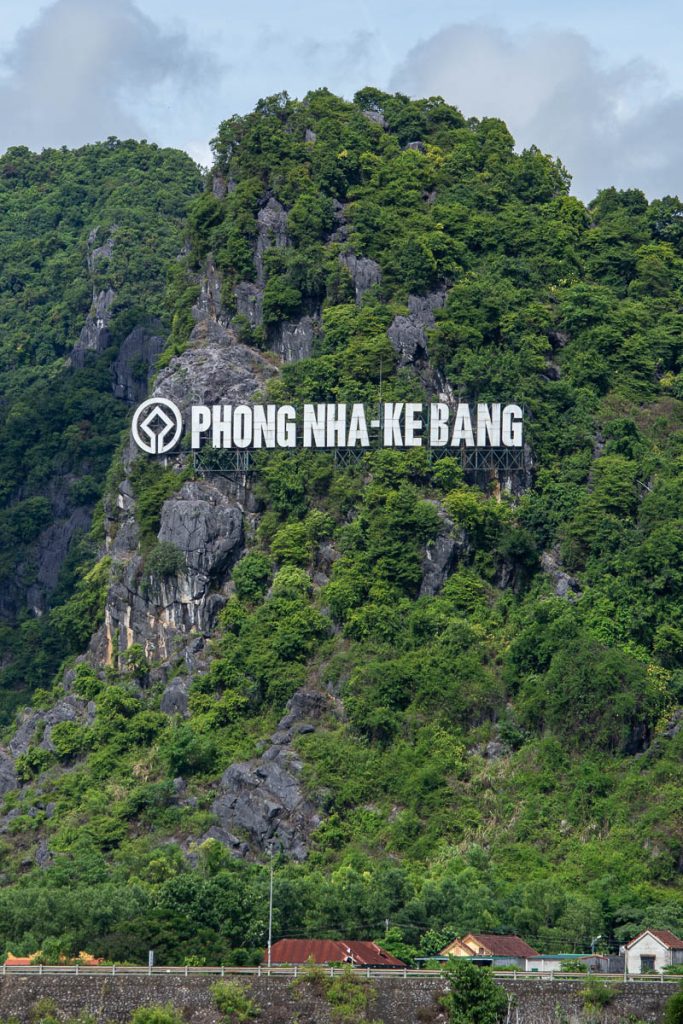MAG - MINES ADVISORY GROUP
MAG - MINES ADVISORY GROUP
Mines Advisory Group (MAG) is non-profit organisation that works to save and improve lives by reducing the devastating effects that the remnants of conflict have on communities around the world. Mag has worked in 35 countries since 1989, moving in to current and former conflict zones to clear the remnants of those conflicts.
Vietnam remains heavily contaminated by Explosive Remnants of War (ERW), specifically Unexploded Ordnance (UXO), from a conflict that ended 40 years ago. The latest data reveals that 19.3 million items were dropped by the US alone during the conflict, amounting to 14 million tonnes of ordinance – nearly three times the amount used by the allies in the World War II. These figures are also incomplete, and do not account for ground fighting and failed sorties. It is estimated that 10% to 30% of ordnance did not detonate. 300,000 – 800,000 tonnes of UXO still contaminating approximately 15% of the surface of Vietnam.
Central Vietnam is the most affected region, particularly in the area known as the ‘de-militarised zone’ lying on the 17th parallel, which demarcated the border between North and South Vietnam. Quang Binh Province (the home of Phong Nha-Ke Bang National Park) and Quang Tri (directly south) are the two most contaminated and UXO affected provinces in the country. Each square meter of land in Quang Binh was exposed to, on average, 29kg of ordnance and 100% of communes are also still contaminated. As well as causing deaths and injuries, UXO also block access to land which could be used for farming and development projects – to this day, nearly a quarter of people in Quang Binh still live below the poverty line.
MAG has been working in Vietnam since 1999, and in Quang Binh since 2002, releasing nearly 10 million square meters of land back to communities and removing and destroying over 215,000 items of UXO and landmines. In Quang Binh alone, MAG’s work has benefitted over 1.3 million people. MAG has worked extensively clearing land in Bo Trach and Minh Hoa Districts, which Phong Nha National Park straddles, and has cleared sites within the park itself. These areas remain extensively contaminated, and MAG will continue to work to keep these communities safe in the future.
If you would like to help us support MAG, and would like to help promote the organization, please make a donation into the MAG Donation Box. In return for a 120,000 vnd donation, we will give you a MAG hat. In return for a 300,000vnd donation, we will give you a t-shirt. ALL proceeds go to MAG, and you will be saving lives


